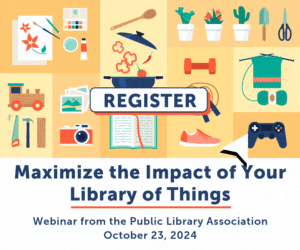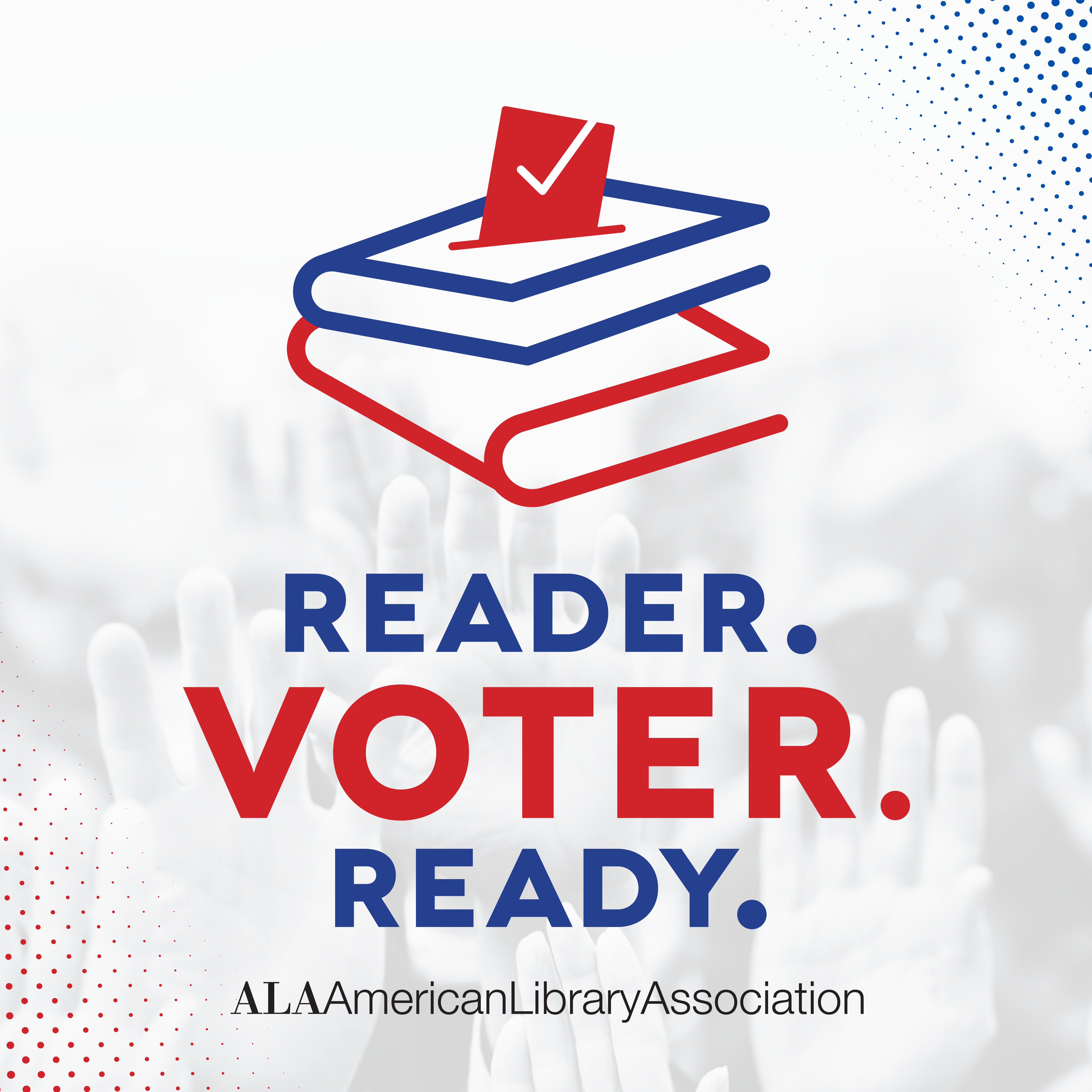Eating the Elephant: Libraries Tackle Huge Issues in Small Bites

One of my favorite library science professors, Dr. Clayton A. Copeland, often said: “How do you eat an elephant? One bite at a time.” While that was her way of reassuring stressed students that a thirty page term paper was doable, it is also good advice for life and library work in general. While gains can seem small and the task at hand overwhelming, a sense of futility is our greatest obstacle. One bite at a time.
Today there is no problem more critical to tackle yet more seemingly overwhelming than the spread of misinformation and disinformation. The attack on the U.S. Capitol was a heart wrenching reminder of that. Millions watched on live television as an enraged crowd resorted to violence over claims of a “stolen” election that were verifiably untrue. While many libraries have launched initiatives to address the dangerous spread of misinformation, others with limited staff and funding aren’t in position to add more programs and services, especially during a pandemic.
However, even the smallest libraries provide services that support media literacy every day, sometimes in subtle but significant ways. Public access to a broad range of professionally curated books, materials and databases, along with staff trained in identifying reliable sources of information, are essential resources. In addition to those core services, there are a few lesser known ways public libraries support media literacy on a daily basis, one bite at a time.
Browsing as Freedom of Choice
According to Pew Research Center’s report The Information Needs of Citizens: Where Libraries Fit In, trust in information obtained from public libraries is rated higher than trust in information received from health care professionals, family and friends, government sources, or local news. 78% of those surveyed reported either “a lot of trust” or “some trust” in information acquired via public libraries.
What makes trust in libraries higher than trust in other authoritative sources? My opinion is that freedom of choice is a crucial part of this relationship. Unlike health care facilities or government agencies, libraries are places where people typically browse and make choices for themselves. Browsing– either physically in the building or via the online catalog- and selecting their own resources from a broad collection, is likely to give people more ownership, and thus confidence, in their choices.
Libraries encourage this by ensuring physical and online browsing spaces are comfortable (whether in terms of good lighting in physical spaces or readable fonts in virtual ones) and engaging (colorful, with interesting displays and interactive elements). The ability to browse and make choices for oneself enhances trust, and trust is critical to development of media literacy skills. Studies such as that by the Media Insight Project show that people are much more willing to believe content shared by those they trust, regardless of the original source of that content.
Children’s Storytimes
Children’s storytimes are a beloved mainstay of any public library, whether those programs are virtual or in-person. Having worked in youth services for ten years before moving into adult services, I’ve conducted dozens of storytimes. Even with the youngest preschoolers, even before “Once upon a time…” we typically start with cover and title page of the book. We read aloud the title, and then point out and read aloud the names of the author and illustrator. In doing so, we’re demonstrating that this book is the creation of an individual person… it didn’t spontaneously grow on a shelf or fall off a tree!
Realizing that each book is authored by a specific person empowers children to see themselves as potential authors and illustrators. Knowing the writer behind the work also empowers readers, even young children, to find out more about the author’s background, seek out other work by this author, and decide whether this person is a good source of information (for nonfiction) or enjoyment (for fiction). This is part of media literacy: considering sources.
Looking for books by favorite authors is a step beyond judging books by their covers. Children like to browse and select their own reading choices as much as adults. Studies such as Scholastic’s Kids & Family Reading Report show that freedom of choice in reading material increases enjoyment and time spent reading by children. Which brings us to…
Fiction Counts!
Fiction and other forms of reading for pleasure support media literacy, too. Reading entire books as opposed to social media posts and memes trains our minds to delve deeper, to understand complexity and nuance. Fiction reading has been demonstrated to improve empathy skills (a recent Discover Magazine article links to a few studies). The ability to psychologically put ourselves in another’s shoes is important to being able to understand others’ motives, and therefore how and why local and world events occur.
Understanding the perspectives of others can help to defuse anger, a much-needed salve in a polarized society. We aren’t in a position to logically evaluate information when anger is in control. Unfortunately, propaganda works to inflame emotion precisely for that reason. Conversely, empathy enhances the ability to to engage in more productive dialog, an avenue to solving problems rather than merely reacting to them.
Sharing the joy of reading promotes a sense of community, which circles back to trust, a critical component to media literacy. Addressing the cognitive aspects of media literacy without the dimension of emotions, beliefs, and allegiances is a mistake, Peter Johan Lor writes in Democracy, information, and libraries in a time of post-truth discourse: “…libraries should exert the soft power they have as trusted, non-partisan community resources, and they should nurture this trust” (p. 317).
When all libraries are fully open again – complete with programs and group activities that have been on hold- we are likely to be met by people happy to return to normal. We’ll also be dealing with people who have been under a lot of stress, some of whom are angry about pandemic-related restrictions. We might have to deal with rebuilding some trust. Luckily, the library is a good place for that. One bite at a time.
“In the library I felt better, words you could trust and look at till you understood them, they couldn’t change half way through a sentence like people, so it was easier to spot a lie.” – Jeanette Winterson, Oranges Are Not the Only Fruit
Opinions of the author are her own and not meant to reflect those of her employer or any other individual or organization.
Tags: media literacy, misinformation









